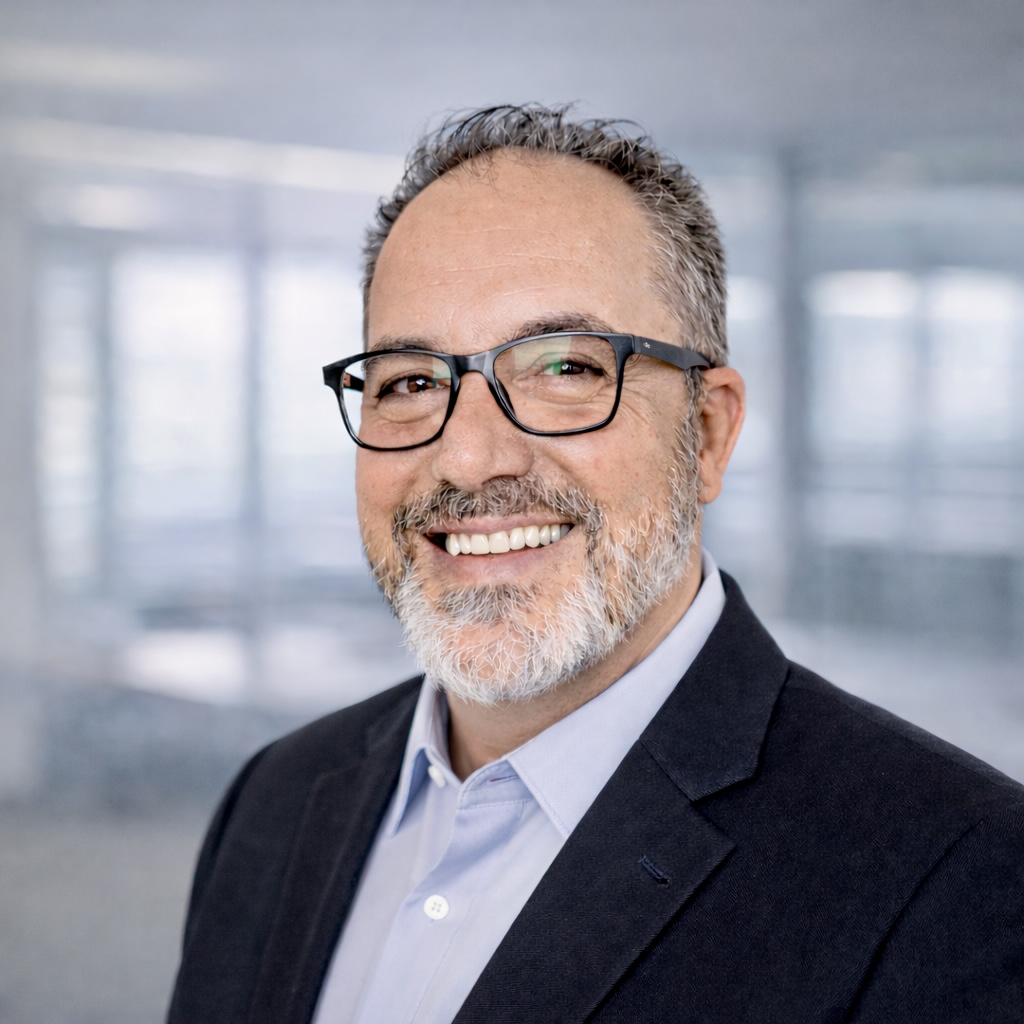Leading With Both: Why Purpose and Profit Aren’t Opposites

For many entrepreneurs, the tension between purpose and profit feels like a constant negotiation. Are you building a company to scale, or are you building something that stands for something? For Robin Gagnon, co-founder and CEO of We Sell Restaurants, that’s a false choice.
On a recent episode of The Bliss Business Podcast, Robin shared her journey as a business leader who’s managed to scale a successful national franchise brand without sacrificing the soul of her work. Her approach is grounded in empathy, driven by values, and, most importantly, it works.
Restaurants Are Community
Robin sees restaurants not just as businesses, but as community hubs. They’re where people gather, celebrate, mourn, and make memories. Her company’s mission is about more than transactions. It’s about transitions.
“We’re not just selling businesses,” she said. “We’re transferring someone’s dream to the next dreamer.”
That perspective comes from experience. Robin’s early career included small business ownership and corporate leadership. She’s lived on both sides of the entrepreneurial divide, giving her a unique lens into how empathy, systems, and social responsibility can coexist inside a growth-driven business.
Leading With Core Values
Unlike many companies that treat core values as wall art, Robin and her team live them. They review their values in meetings. They reference them during hiring. And when those values aren’t upheld, they give themselves grace and adjust.
But values aren’t just about internal behavior. They’re also used as a filter for growth. New franchisees must align with those values. No matter how promising a candidate looks on paper, if they don’t fit the culture, they’re out.
“There’s nothing more important than someone aligning with our values,” Robin said. “It matters more than background, experience, or financials. You can teach skills. You can’t teach character.”
Conscious Capitalism in a Franchise Model
Robin’s leadership was tested during COVID, when the restaurant industry nearly collapsed overnight. Sales stopped. Uncertainty skyrocketed. In that moment, she chose to lead not with fear, but with service.
“We literally stopped saying the word ‘sell,’” she said. “We moved into consulting mode. We educated. We coached. We helped our community survive.”
Her team supported restaurant owners with no expectation of return. They offered guidance on emergency funding, negotiated with landlords, and answered questions from people in crisis. Years later, that investment came back. One restaurant owner reached out simply because he remembered who showed up when it mattered most.
Slower Growth, Deeper Impact
In an industry obsessed with scale, Robin’s approach is refreshingly deliberate. She’s not trying to be the fastest-growing brand in her category. She’s focused on sustainable growth. Her company adds about ten franchisees a year, and that’s by design.
“I’d rather grow with the right ten people than add fifty who don’t reflect who we are,” she said.
Her philosophy is simple: grow slowly, stay true to your values, and never compromise your culture for speed. The result is a brand that’s built to last.
The Power of Grace in Leadership
One word that kept coming up during the conversation was grace. Grace for the team. Grace for customers. Grace for herself. Business, after all, is human. Mistakes happen. Feelings get hurt. Promises are missed. But if you’re anchored in a purpose that guides your response, even setbacks become teachable moments.
Robin doesn’t see leadership as perfection. She sees it as presence. Showing up. Admitting mistakes. Leading with love.
The Soul of a Franchise
In an age of automation and systematized everything, it’s easy to lose the human touch. Robin’s response? Make empathy part of the system. At We Sell Restaurants, even their AI tools have names and personalities. Newsletters are sent by “Tess” and “Fred,” their internal tech assistants. It’s not gimmicky. It’s a way to keep the culture human.
And that human-first approach isn’t just internal. Robin’s also leading a redesign of their entire listings experience—moving away from dry facts and figures to stories. She believes that behind every sale is a narrative worth telling.
“When people buy a restaurant, they’re not just buying cash flow,” she said. “They’re buying a dream.”
Final Thought
Robin’s story is proof that you don’t have to choose between profitability and purpose. You can build systems that support both. You can make values part of your hiring process. You can lead with grace and still grow.
When asked if love belongs in business, Robin didn’t hesitate.
“Absolutely,” she said. “Love belongs everywhere.”
That’s the kind of leadership the business world needs more of. Grounded. Real. Profitable. And human.
Check out our full conversation with Robin Gagnon on The Bliss Business Podcast.



